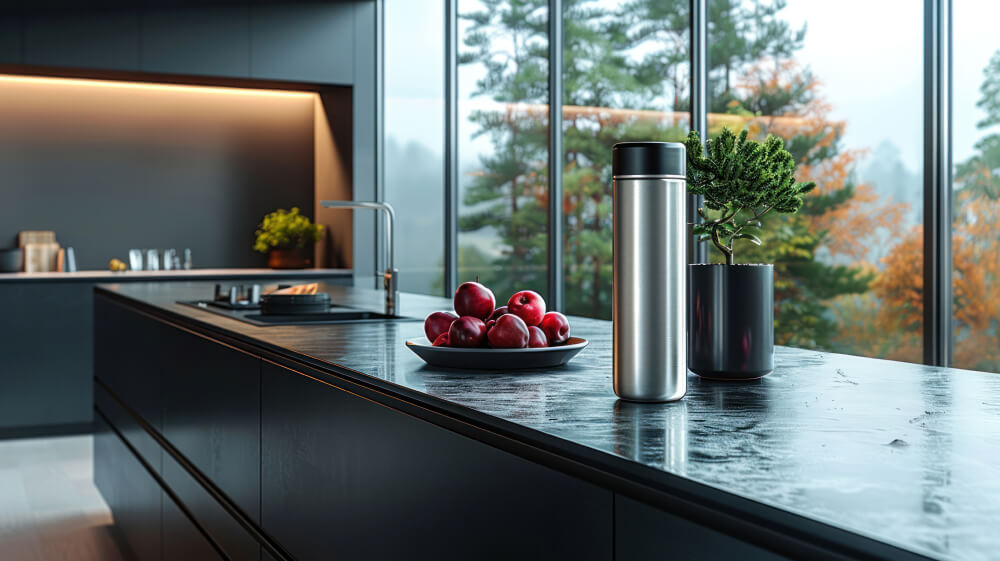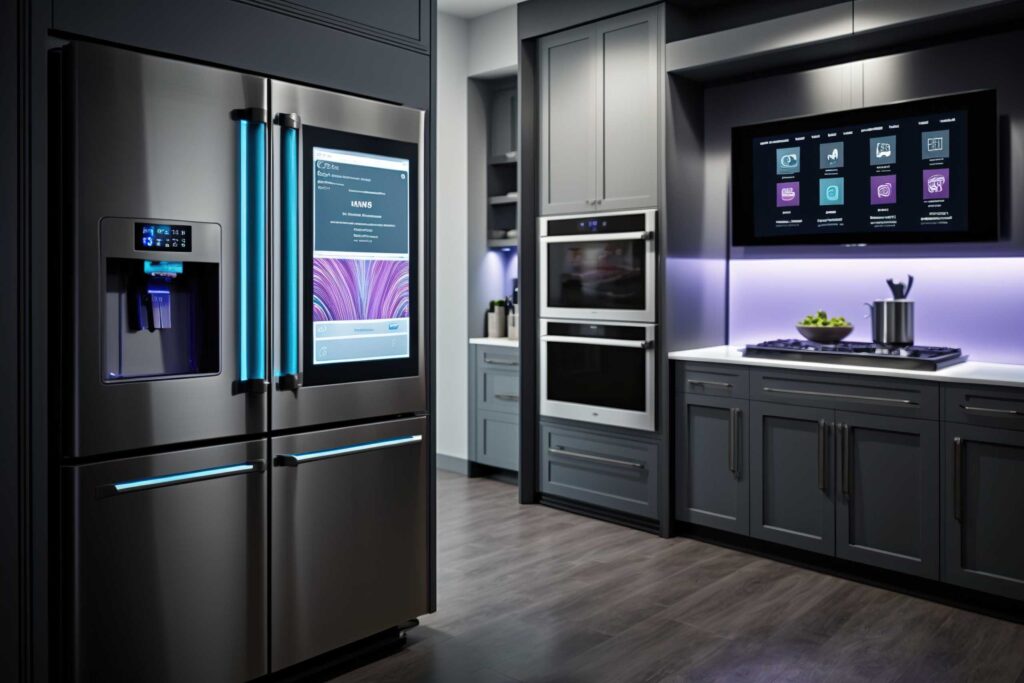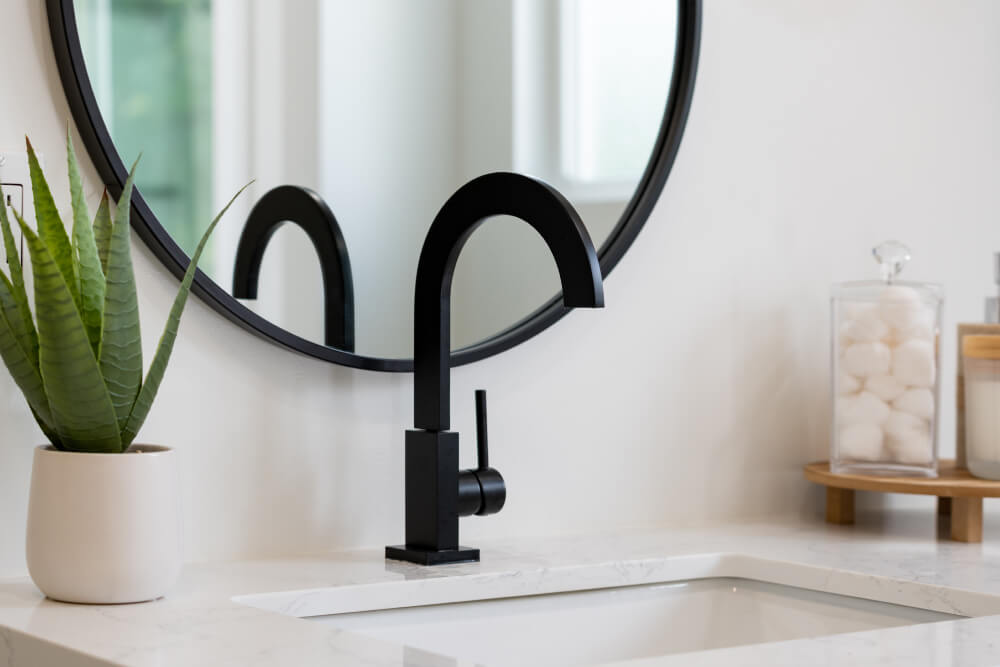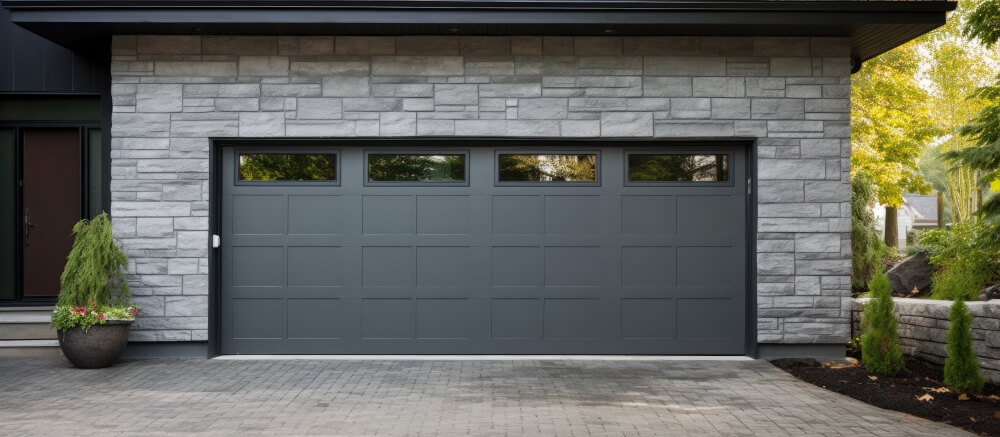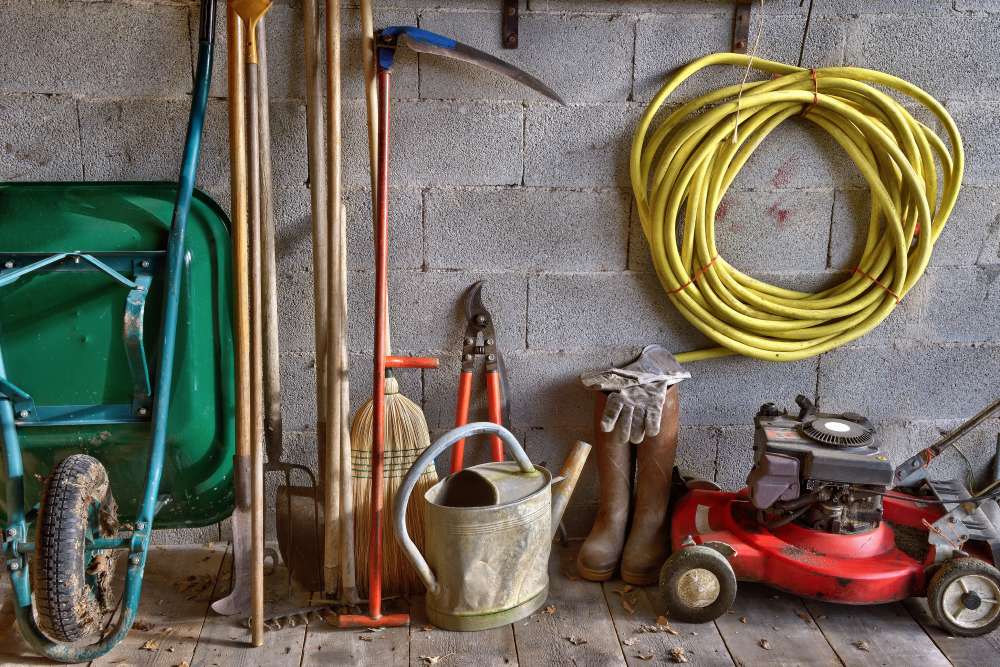1. Tank Water Heaters
Overview Tank water heaters, also known as storage water heaters, are the traditional type of water heater. They store a large volume of water in a tank and keep it heated until it is needed. When hot water is used, the tank refills and heats the incoming cold water.
Benefits
- Lower Initial Cost: Generally less expensive to purchase and install compared to tankless water heaters.
- Simplicity: Simple design and operation make them easier to repair and maintain.
- Wide Availability: Widely available in various sizes and capacities to suit different household needs.
Drawbacks
- Energy Efficiency: Less energy-efficient as they continuously heat water, even when not in use, leading to standby heat loss.
- Space Requirements: Require significant space for installation, which can be a drawback in smaller homes or apartments.
- Limited Hot Water Supply: Once the hot water in the tank is depleted, you must wait for it to reheat, which can be inconvenient during peak usage times.
Top Brands and Models
- Rheem Performance Platinum: High efficiency, self-cleaning feature, long warranty.
- AO Smith Signature Premier: Durable glass lining, energy-efficient, multiple capacity options.
Join HICP Homeowner’s Alliance
Connect with experts, get special discounts and enjoy member benefits
2. Tankless Water Heaters
Overview Tankless water heaters, also known as on-demand water heaters, heat water only when it is needed. They do not store hot water but instead use high-powered burners to heat water as it passes through the unit.
Benefits
- Energy Efficiency: More energy-efficient as they eliminate standby heat loss, leading to lower energy bills.
- Endless Hot Water Supply: Provide a continuous supply of hot water, which is ideal for larger families or homes with high hot water demand.
- Space-Saving: Compact design takes up less space, making them suitable for smaller homes or areas with limited space.
Drawbacks
- Higher Initial Cost: More expensive to purchase and install compared to tank water heaters.
- Complex Installation: Installation can be more complex, often requiring upgrades to the home’s gas line or electrical system.
- Flow Rate Limitations: Limited by their flow rate, meaning they might struggle to supply hot water to multiple fixtures simultaneously in large households.
Top Brands and Models
- Rinnai RUR199iN: High efficiency, recirculation technology, Wi-Fi compatibility.
- Navien NPE-240A: Advanced condensing technology, high flow rates, energy-efficient.
Comparison Overview
Energy Efficiency
- Tank Water Heaters: Less efficient due to continuous heating of stored water, leading to higher energy consumption.
- Tankless Water Heaters: More efficient as they only heat water on demand, reducing energy usage and costs.
Initial Cost and Installation
- Tank Water Heaters: Lower upfront cost and simpler installation.
- Tankless Water Heaters: Higher initial cost and more complex installation, which may require additional upgrades.
Space Requirements
- Tank Water Heaters: Require significant space for the tank, which can be an issue in smaller homes.
- Tankless Water Heaters: Compact and wall-mounted, saving valuable space.
Hot Water Supply
- Tank Water Heaters: Limited by the tank’s capacity; once depleted, there is a wait time for reheating.
- Tankless Water Heaters: Provide an endless supply of hot water but may be limited by flow rate for simultaneous use in large households.
Lifespan and Maintenance
- Tank Water Heaters: Typically have a lifespan of 10-15 years, with simpler maintenance but more frequent replacement.
- Tankless Water Heaters: Longer lifespan of 20+ years, with regular maintenance needed to keep the system running efficiently.
Conclusion
Choosing between a tank and a tankless water heater depends on your specific needs, budget, and space constraints. Tank water heaters are more affordable upfront and simpler to install, making them suitable for smaller households or those with lower hot water demand. However, they are less energy-efficient and take up more space.
Tankless water heaters offer superior energy efficiency, endless hot water supply, and space-saving benefits, making them ideal for larger families or homes with high hot water demand. The higher initial cost and more complex installation are trade-offs for long-term energy savings and convenience.
Consider your household’s hot water usage patterns, available installation space, and budget when deciding between a tank and a tankless water heater. Both options have their advantages, so choose the one that best meets your needs for a reliable and efficient hot water supply.







